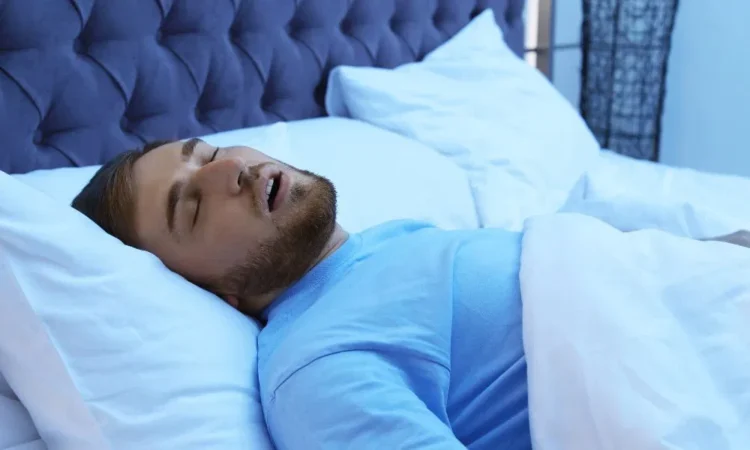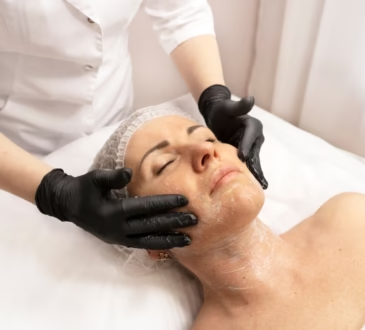
Do you often feel extremely tired even after a full night’s sleep? For many, this ongoing exhaustion may be linked to undiagnosed sleep apnea. Sleep apnea can cause low energy, difficulty concentrating, and trouble functioning during the day. Understanding this connection is important for regaining your energy and improving your overall well-being.
What Is Sleep Apnea?
Sleep apnea is a common sleep disorder where breathing repeatedly stops and starts during the night. Many patients seek diagnosis and treatment for sleep apnea Hillsboro to improve their rest and overall health. These pauses, called apneas, can occur dozens or even hundreds of times each night. Each time this happens, your brain briefly wakes your body to resume breathing, which interrupts your sleep—even if you don’t remember waking up.
Over time, these frequent sleep disruptions lead to chronic fatigue. Many people only realize they have sleep apnea when a partner notices loud snoring or pauses in breathing during the night.
How Sleep Apnea Causes Fatigue
Sleep apnea prevents the body from reaching the deep, restorative stages of sleep needed for physical and mental recovery. Here’s how it leads to tiredness:
- Interrupted Sleep: Frequent breathing pauses stop your body from staying in deep sleep, leaving you feeling exhausted in the morning.
- Lower Oxygen Levels: Apneas reduce oxygen in your blood, which affects your body’s ability to function properly, adding to fatigue.
- Hormone Imbalance: Constant poor sleep disrupts hormones that control energy, making tiredness worse.
Because of these effects, untreated sleep apnea often causes extreme tiredness, brain fog, and sometimes even depression. Some people with fatigue caused by sleep apnea are mistakenly diagnosed with Chronic Fatigue Syndrome (CFS), as the symptoms can look very similar.
Can Sleep Apnea Really Make You Tired?
Yes. Untreated sleep apnea not only causes exhaustion but can also affect your overall health. The constant strain of interrupted breathing increases risks for high blood pressure, heart disease, and diabetes. For most people, though, the first and most noticeable sign is persistent tiredness, which impacts daily life.
Treatment Options for Sleep Apnea and Fatigue
The good news is that treating sleep apnea can greatly improve energy levels. Common treatments include:
- CPAP Therapy: A CPAP machine keeps airways open during sleep, often reducing fatigue dramatically.
- Lifestyle Changes: Weight loss, regular exercise, and avoiding alcohol before bed can help mild sleep apnea.
- Surgery: In some cases, surgery to correct structural issues like enlarged tonsils or a deviated septum may be needed.
Regaining Your Energy
Chronic fatigue isn’t something you have to live with. If you suspect sleep apnea, consult an ENT specialist who may recommend a sleep study and help determine the best treatment. By addressing the root cause of disrupted sleep, you can finally break free from fatigue and start feeling like yourself again.




